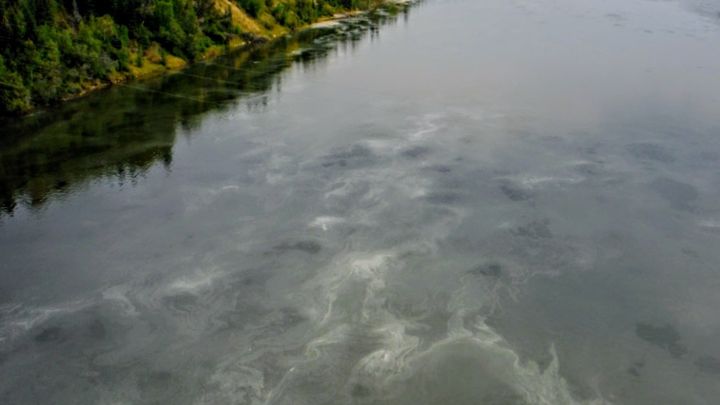
Lift the lid off an oil spill in Saskatchewan
Elliott v. The Gov. of Sask: The public's right to know about pipeline spills
In July 2016, Husky's 16TAN pipeline poured crude oil and diluents into the North Saskatchewan River. Damages are still being reported by downstream residents.
Twice Saskatchewan's Information and Privacy Commissioner has called for the public release of documents about the spill. Twice the Government of Saskatchewan has refused.
Now an individual citizen, University of Regina researcher Patricia Elliott, is turning to the Saskatchewan Court of Appeal to obtain the release of inspection reports and documents related to the clean-up efforts.
The cost is high – an estimated $8,000-$12,000 in legal fees - but the public's right to know is priceless.
What happened
The Information Commissioner first called for the public release of inspection reports on the pipeline in 2016, and was ignored. In 2019 that call was repeated, in response to information requests from Patricia, who is researching oil industry regulation in Saskatchewan.
The province argues that public access to information could jeopardize future court proceedings against Husky.
The Commissioner studied this question very carefully.
“I am not persuaded that the release of the records in question could produce these results,” he wrote, concluding, “I recommend that the Ministry release the records to the Applicant (Patricia Elliott).”
Why donate?
The Commissioner is hamstrung by weak information laws that stop him from taking legal action against the government when it ignores his decisions.
It's up to citizens to challenge the refusal before a judge.
People downstream of oil operations have a right to know if pipelines have been monitored effectively. In this particular case, 13 reports on inspections carried out between 2010 and July 2016 remain suppressed.
People have a right to know how the aftermath of a major spill is being managed – as described by actual safety inspectors. Though the public depends on the river for drinking water, government documents and correspondence about the clean-up have been withheld.
Your help is crucial to upholding information rights!
Let’s make it clear that ignoring citizens’ information rights in the wake of an oil spill is not without legal consequences. The Saskatchewan government will hear this message, and so will other governments across Canada.
All funds raised will go toward court costs. If funds exceed costs, they will go toward assisting impacted communities
Whether $10 or $100 – or even $1000 – every donation will make a difference.
Please help Patricia make the case! 
James Smith Cree Nation was one of the downstream communities left struggling to contain the spill. (JSCN photo)
U of R researcher Patricia (Trish) Elliott (R. Lawless photo)
The Info Commissioner's recommendations:
Pipeline inspection reports
Spill clean-up documents
Video clip about the spill from 'Crude Power,' a documentary by University of Regina journalism students.